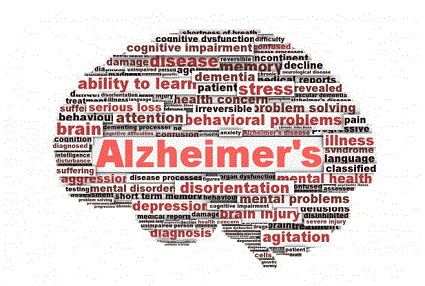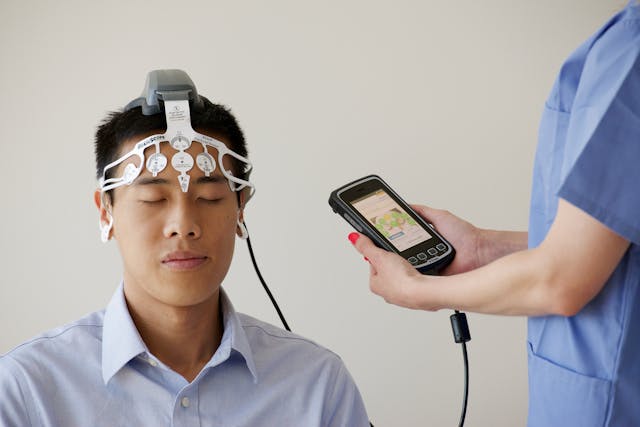Researchers at Children’s Hospital of Philadelphia (CHOP) have developed an algorithm that uses data from diverse populations worldwide to predict the risk of Alzheimer’s disease based on genetic information, accommodating various ethnic backgrounds.
While more ethnicities should be included in future studies, the goal of this research is to bridge the gap in Alzheimer’s diagnosis disparities. The study was published in the journal Alzheimer’s and Dementia.
Alzheimer’s disease affects about one in 10 individuals aged 65 or older, as reported by the U.S. Centers for Disease Control. Early detection can enable timely intervention to mitigate damage to the central nervous system. Several gene variants have been linked to the disease, some of which are present in patients from different ancestral backgrounds.
Prior to this, researchers had developed genomic informed risk assessment (GIRA) algorithms using genetic information known to be associated with Alzheimer’s disease. However, these studies mainly focused on white patients of European ancestry. To address potential discrepancies and biases in the algorithm’s application, researchers utilized an international cohort of patient data, aiming to develop a GIRA algorithm that would represent a wide array of ancestries.
The GIRA algorithm was designed to assess Alzheimer’s risk by considering variants of the apolipoprotein E (APOE) gene, which is linked to Alzheimer’s risk, along with polygenic risk scores from other genomic markers, age, sex, and ethnicity.
Through testing the GIRA algorithm in various ethnic populations, the researchers identified specific proteins related to female infertility and autoimmune thyroiditis that contribute to Alzheimer’s risk.
- Press release







